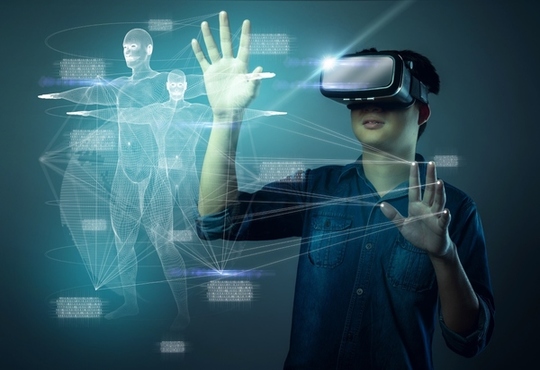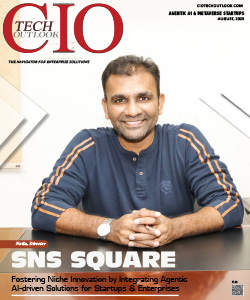IIT Madras Launches CAVE, India's First Consortium for Virtual Reality
CioreviewIndia Team | Monday, 02 August 2021, 12:05 IST
 Recently, Indian Institute of Technology Madras has launched the country’s first Consortium for Virtual Reality called ‘Consortium for VR/AR/MR Engineering Mission in India’ (CAVE). As a cluster of academic circles, diligences, start-ups, and Regime figures, this consortium is being harmonized by IIT Madras.
Recently, Indian Institute of Technology Madras has launched the country’s first Consortium for Virtual Reality called ‘Consortium for VR/AR/MR Engineering Mission in India’ (CAVE). As a cluster of academic circles, diligences, start-ups, and Regime figures, this consortium is being harmonized by IIT Madras.
The key detached of this association is to empower members to create new progressive technologies and applications in Virtual Reality, Augmented Reality, Mixed Reality (XR) and haptics together. Their research collaboration would be undertaken with industrial sponsors and participants from industry, academia, and Government.
The consortium will endorse best observes, discourse with all stakeholders, government policymakers, and research institutions. It aims to become a supply for industry, academia, consumers, and policymakers interested in virtual, augmented, and mixed reality. The CAVE’s Engineering Mission is to endorse engineering of XR and haptic technology development, not just using XR and haptics, and adoption of XR and haptics globally, particularly in India
The Key outcomes envisioned from ‘Consortium for VR/AR/MR Engineering Mission in India’ (CAVE) include. Develop Indigenous VR/AR/MR and haptics hardware and software. Setup ‘VR Superhighway’ or ‘VR Corridor’ where many start-ups and industries work together for a bigger mission to make India the choice for future XR and haptics needs. Promote VR Skill Training - Offer VR courses along with Industrial partners to bridge the gap between the global XR and haptic needs. Promote Technology Allowed Skill Training using XR and haptic technologies such as medical skills training, vocational skills training, or education.
As XR is extremely interdisciplinary, inventions in this field want a convergence of observances from diverse arenas. While most of the research labs around the world are converging on both the computer science aspect of VR and the robotics aspect of VR, the centre at IIT Madras is focusing on the fundamentals of VR - perception and illusion. Haptics is the future of VR systems, and all interactions in future VR will be engineered with our accepting of Haptics.




.jpg)